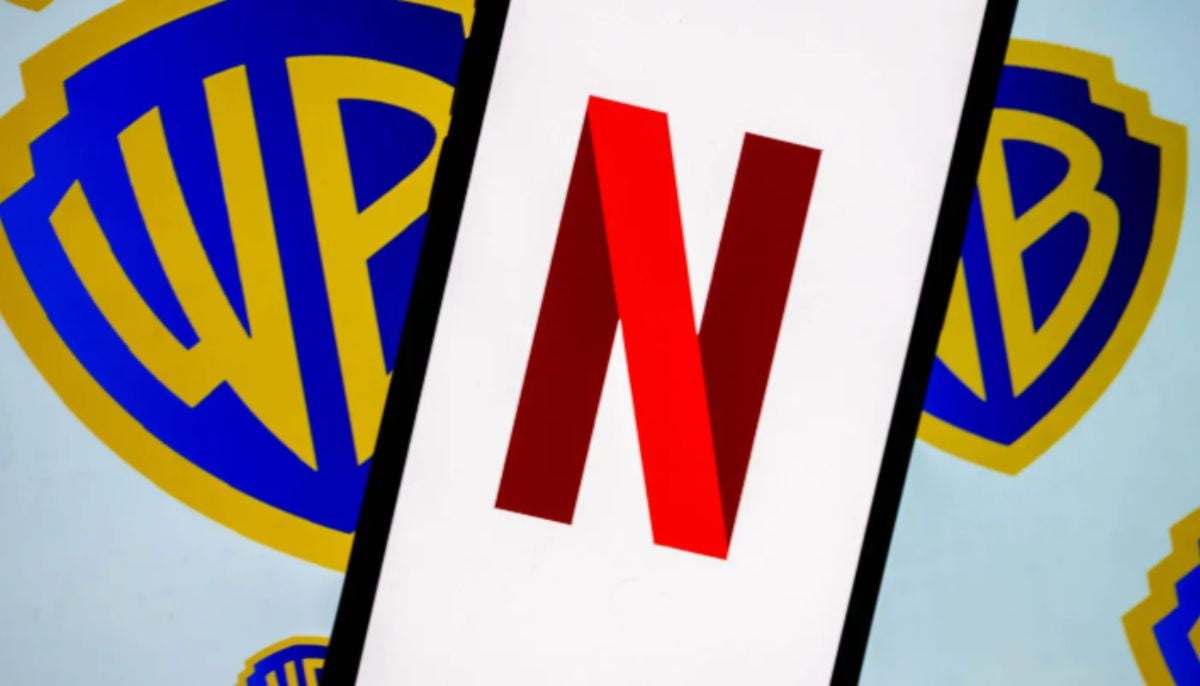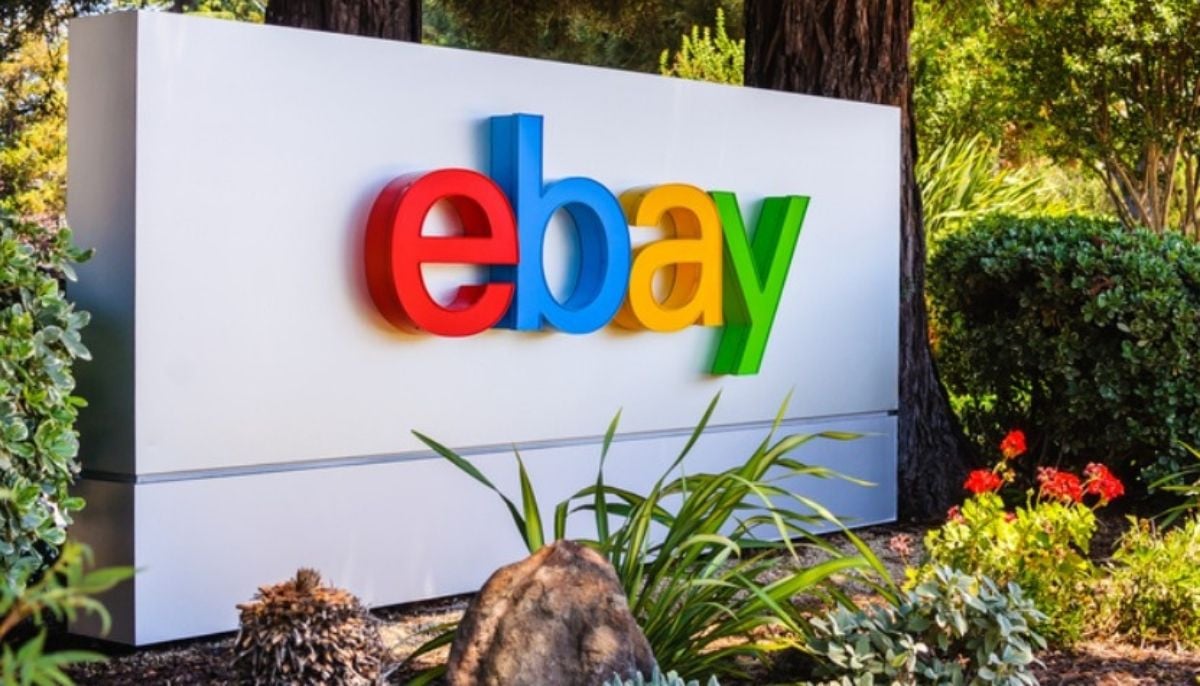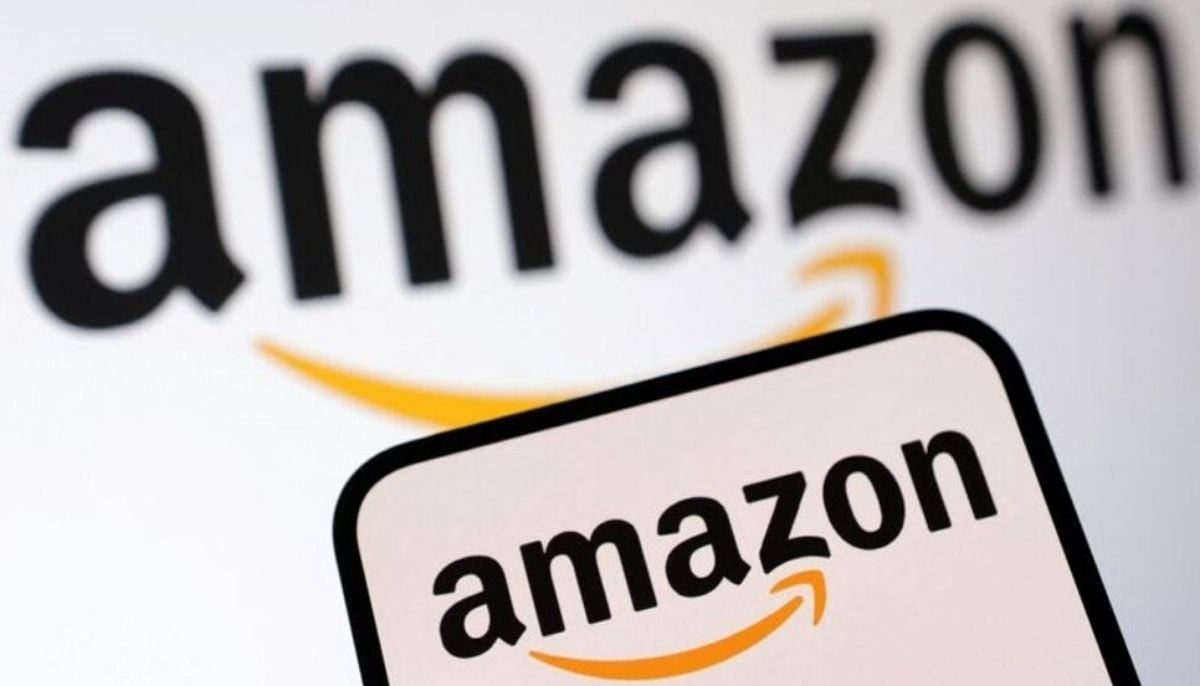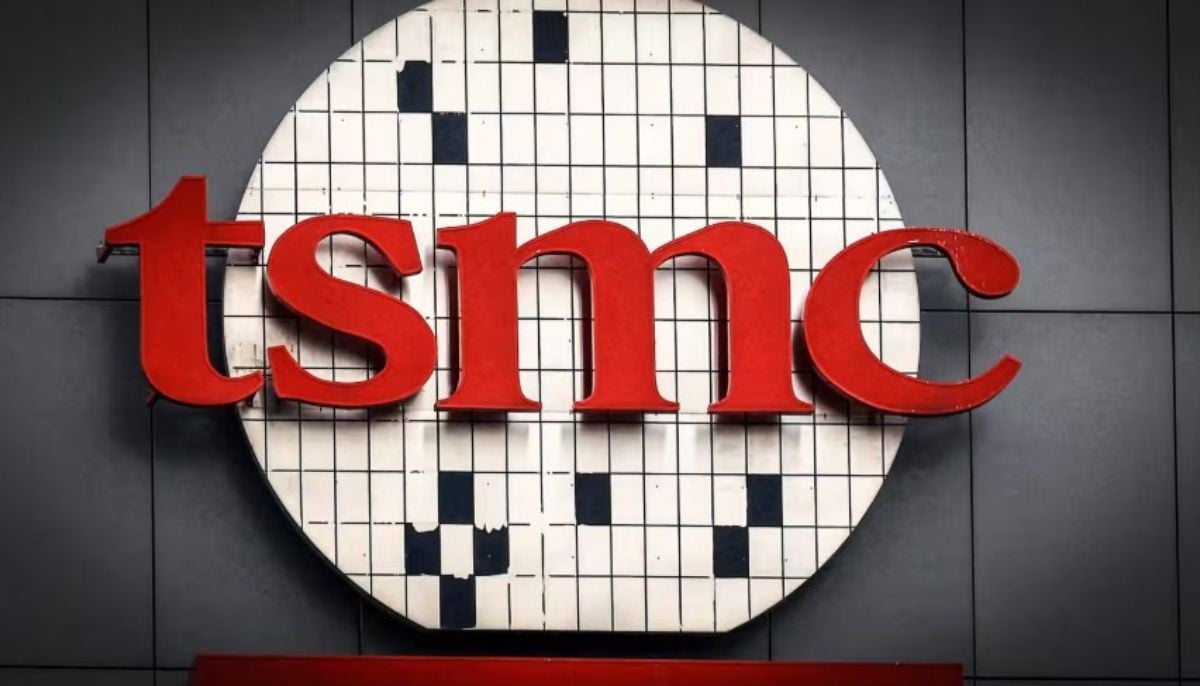World Bank sees oil prices hitting $157 if Israel-Hamas war spills over
Oil has already risen 6% since the latest round of fighting, sparked when Hamas from Gaza stormed southern Israel on Oct 7
If the war between Israel and Hamas spreads throughout the Middle East, it may cause price shocks for basic goods like oil and agricultural products, the World Bank said in a report released on Monday.
Oil has already risen six percent since the latest round of fighting, sparked when Hamas from Gaza stormed southern Israel and killed more than 1,400 people, mostly civilians, and seized nearly 240 hostages, according to Israeli officials.
Israel has responded with an unrelenting bombardment of Gaza, which the Hamas-run health ministry says has killed more than 8,000 people, nearly half of them children.
The conflict between Israel and Hamas comes as Russia's war in Ukraine has already put pressure on markets, with that war being "the biggest shock to commodity markets since the 1970s," warned World Bank chief economist Indermit Gill.
"That had disruptive effects on the global economy that persist to this day," Gill said in a statement.
"Policymakers will need to be vigilant. If the conflict were to escalate, the global economy would face a dual energy shock for the first time in decades" from both the war in Ukraine and conflict in the Middle East, he said.
Many potential price hikes will depend on what happens to world oil prices and exports, the World Bank said.
In an optimistic scenario, oil could rise 3-13 percent, between $93 and $102 per barrel.
A median scenario envisages prices rising up to $121, while a worst-case scenario would see oil reach a peak of between $140 and $157 — potentially exceeding all-time highs not seen since 2008.
-
eBay launches first climate transition plan, targets 'zero emissions' by 2045
-
Amazon to appeal against Italian Antitrust fine despite major reduction
-
US lawmakers introduces new bill to define crypto market rules
-
Apple tops global smartphone market in 2025, says report
-
AI boom set to lift TSMC’s Q4 profit by 27%
-
An eye on 'global economic instability' as shares slumps, tensions intensify
-
Tesla dethroned: BYD shocks EV market as top seller in 2025
-
China sets up $8.9B fund to boost 2026 consumer goods trade-in












